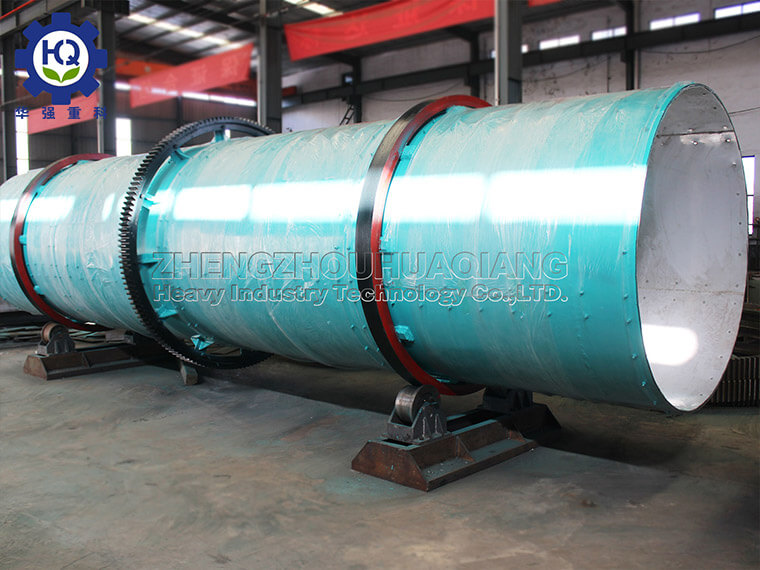Organic fertilizer granulators that adapt to different types of organic materials typically have the following characteristics and functions, enabling them to maintain high efficiency and flexibility in processing various organic materials:
1. Adjustable parameters
Pressure and speed: The organic fertilizer granulator should have adjustable pressure and speed control to adapt to the physical properties of different raw materials, such as viscosity, humidity, and density.
Temperature control: For certain raw materials, temperature has a significant impact on the granulation process. Granulators that can adjust and control temperature can process a wider range of raw materials.
2. Multi functional granulation technology
Mixed granulation technology: It can thoroughly mix the raw materials before granulation to ensure uniform distribution of ingredients and adapt to complex organic materials.
Composite granulation: capable of processing raw materials mixed with various organic and inorganic nutrients to produce composite organic fertilizers.
3. Wide adaptability to raw materials
Raw material pretreatment function: Some advanced granulators are equipped with raw material crushing, screening or drying functions, which can directly process untreated raw materials and improve the flexibility of the production line.
Raw material adaptability design: The design of organic fertilizer granulator should take into account the diversity and complexity of raw materials, such as using wear-resistant materials and anti-corrosion coatings to adapt to raw materials with different pH values and humidity.
4. Highly automated
Automated control: It has functions such as automated raw material supply, granulation parameter adjustment, particle detection, and packaging, which can reduce manual operation errors, improve production efficiency and product quality.
Real time monitoring system: capable of real-time monitoring of key parameters during the granulation process, such as humidity, temperature, pressure, etc., to ensure the stability and particle quality of the granulation process.
5. Convenient cleaning and maintenance
Easy to clean design: The organic fertilizer granulator should be designed with an easy to clean structure for regular cleaning and maintenance, to adapt to the rapid conversion of different raw materials.
Durability and ease of maintenance: Using high-quality materials and components, reducing maintenance frequency and costs, and improving the service life of equipment.
6. Environmental characteristics
Low dust and low noise design: The granulator should be equipped with an efficient dust removal and noise reduction system to reduce the impact on the working environment.
Low energy consumption: Adopting energy-saving technologies such as variable frequency speed regulation to reduce energy consumption and production costs.
7. Technical support and customization capabilities
Supplier expertise: Choose suppliers who can provide customized solutions and design granulators based on specific raw materials and production needs.
Continuous technical support: Ensure that suppliers can provide long-term technical support and maintenance services to address any issues during the production process.
In summary, granulators that can adapt to different types of organic raw materials typically have high flexibility, automation level, ease of cleaning and maintenance, and environmental characteristics. When choosing an organic fertilizer granulator, the above factors should be comprehensively considered to ensure that the equipment can meet the granulation needs of different raw materials, while improving production efficiency and product quality.